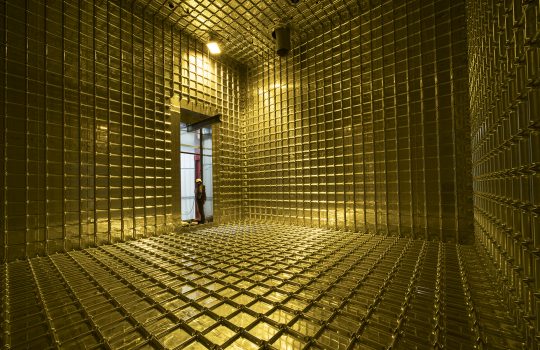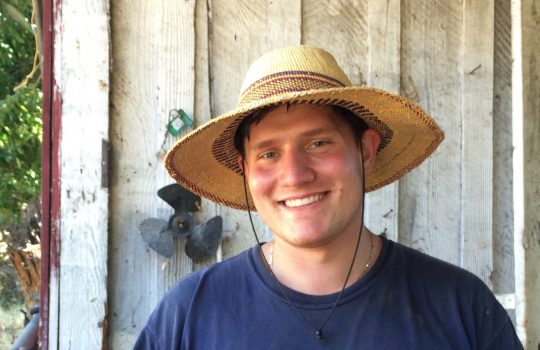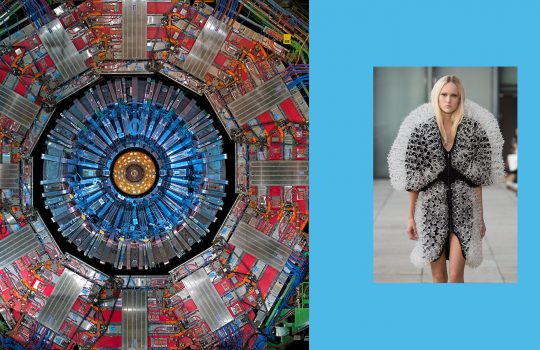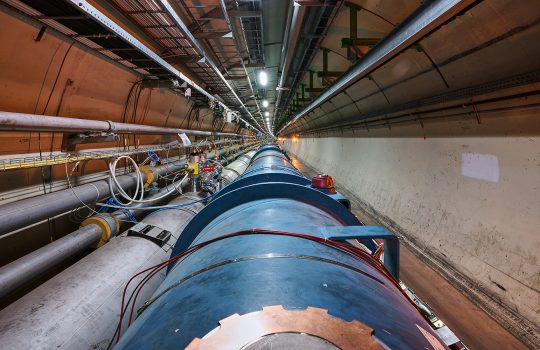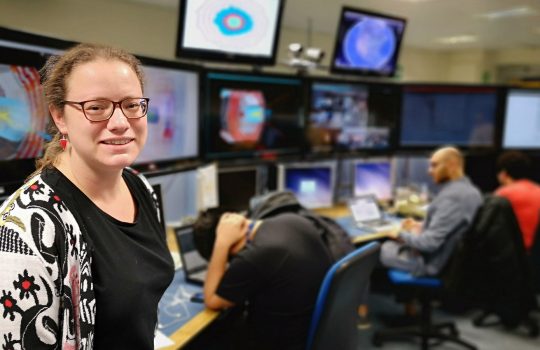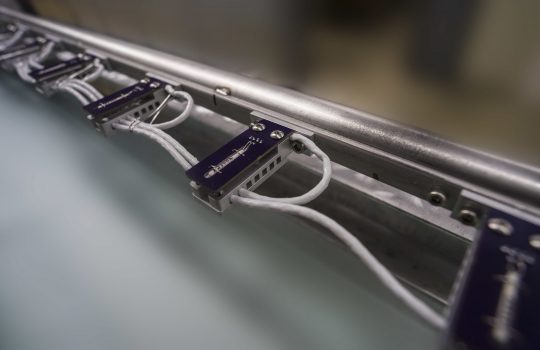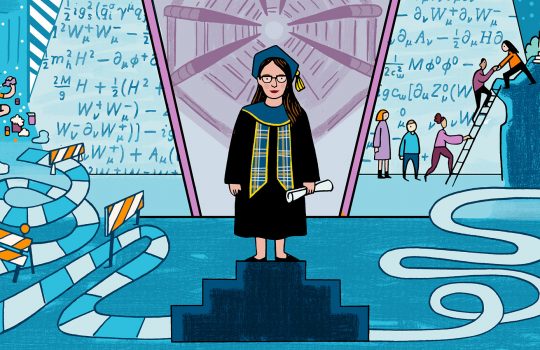Success after a three-year sprint
For several weeks, a prototype detector for the Fermilab-hosted Deep Underground Neutrino Experiment collected data using beams from CERN’s particle accelerators. The results show a mature technology exceeding all expectations. It’s the culmination of three years of hard work by a global team dedicated to constructing and bringing the new detector online.

